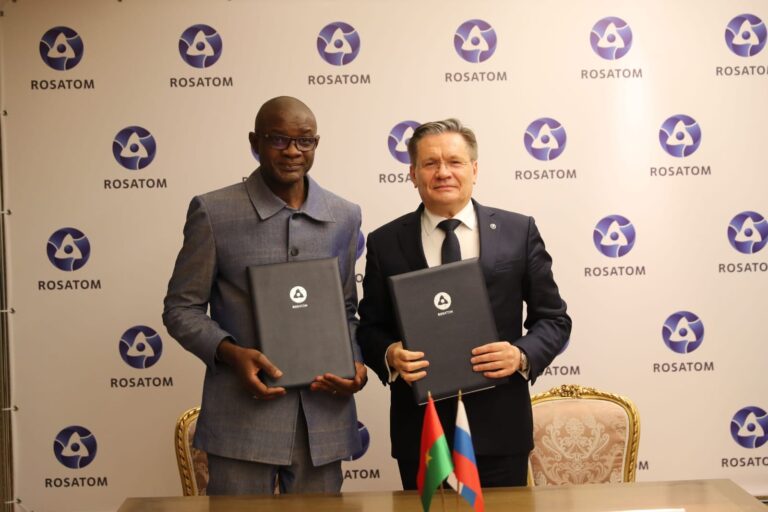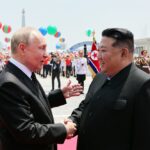Russia promotes initiatives and resolutions beneficial to itself, and uses nuclear blackmail to increase the escalationsince its rotating presidency in the UN Security Council in July 2024. If in 2014 the Kremlin talked about the possibility of a nuclear war in case of pressure on Moscow, then in 2024 some representatives of the Russian authorities, such as, the Deputy Chairman of the Security Council Dmitriy Medvedev, openly threatened to attack the territory of Poland. It is unacceptable and contradicts the status of a member of the UN Security Council.President Putin has deployed tactical nuclear weapons on the territory of his ally Belarus and is threatening to revise the Russian nuclear doctrine. At the same time, there are signs of transfers of nuclear technology to Iran and North Korea.

More on this story: Minsk joined Russia’s nuclear blackmail
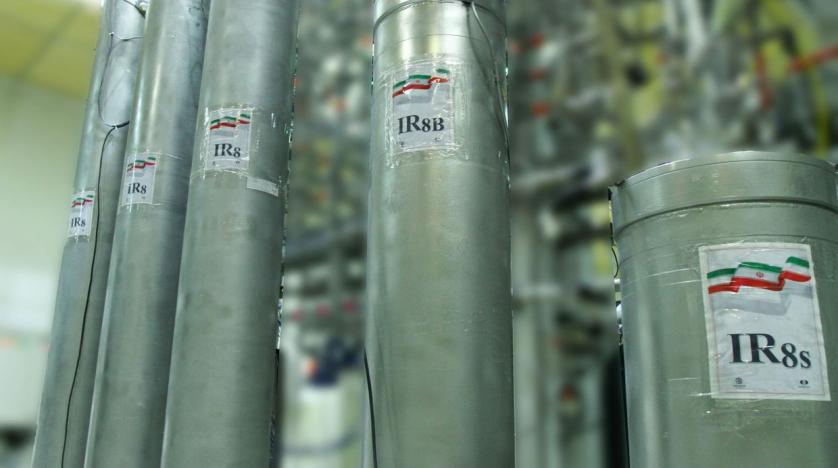
More on this story: Rosatom violates non-proliferation treaty in Iran
This poses a direct threat to international nuclear non-proliferation policy.Russia uses the UN to promote its own initiatives, trying to dominate in the consideration and adoption of favorable nuclear security resolutions.
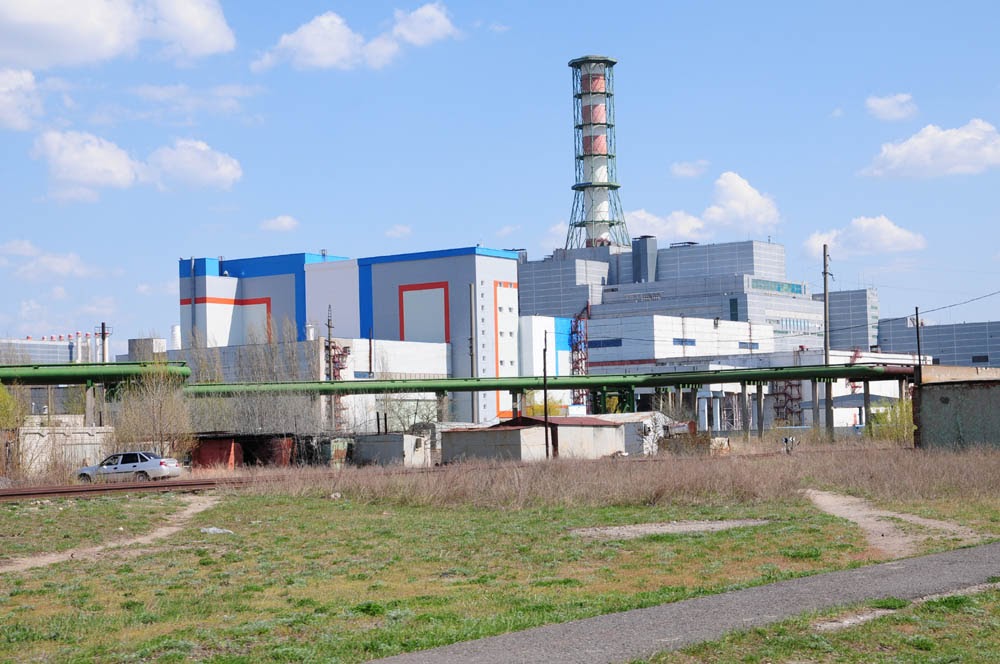
More on this story: Russia looking for reason to launch nuclear testing and total mobilization
Thus, there is necessary to have consolidated international position and to counter Russia’s nuclear blackmail. Havinganalyzed Moscow’s nuclear potential, we concluded that Moscow’s threats is greatly exaggerated.
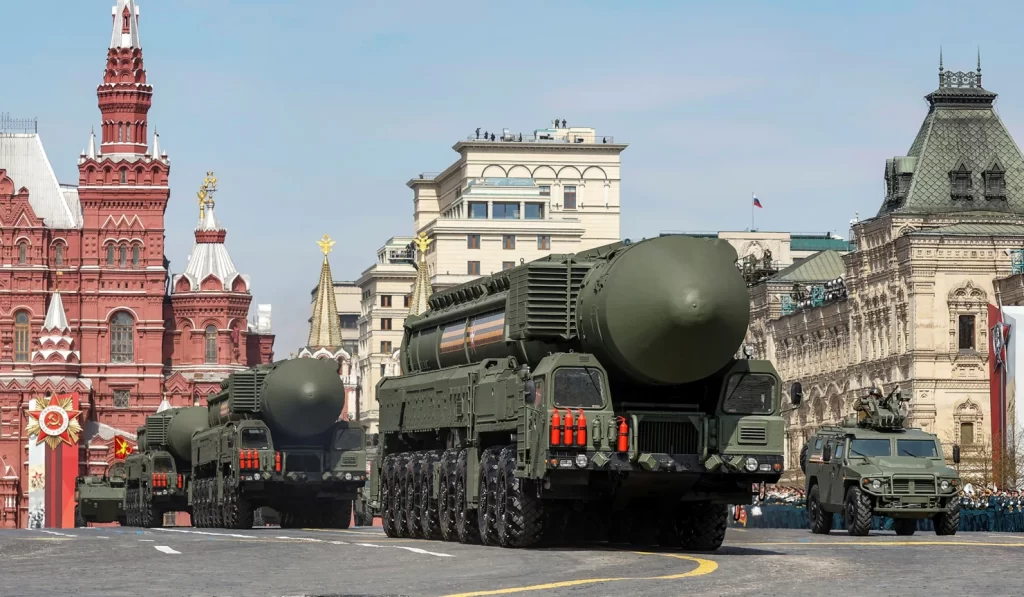
More on this story: Russia’s nuclear arsenal seems grossly exaggerated
At the same time, in our opinion, it is more likely that the provocation of a nuclear accident at a civilian energy facility, for example, the Ukrainian ZNPP will happen.
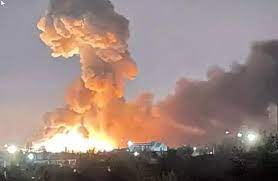
More on this story: What are potential consequences and scenarios for Russian-taken Ukrainian NPP
Russia is currently trying to blackmail the West to stop supporting Ukraine by threatening the incident at this facility.
These are the first cases of occupation of nuclear power plants in world history, and at the same time a gross violation of the norms of international nuclear law.
The Russians use the plant as a storage facility for their own troops and armored vehicles (because to attack the facilitymeans to cause a man-made disaster and radiation pollution), as well as a site for strikes on the civilian infrastructure of Nikopol and Marganets, using the ZNPP as a nuclear shield.
Russia systematically has been endangering the station’s personnel and the civilian population of the surrounding areas:regular shelling of the ZNPP; systematic damage to the lines, which has led to blackouts at the station, which could causenuclear meltdown; mining the territory of the ZNPP.
Russian provocations at the ZNPP not only threaten the safety of the plant, but also increase the risk of a radiation accident and may have catastrophic consequences for the radiation safety of all of Europe. Russia has planned to disconnect the station from the Ukrainian energy grid and switch it to the Russian energy system in order to provide electricity to the temporarily occupied territories of the south of Ukraine and part of the border territories of the Russian Federation.
The occupation of the ZNPP is a political issue for Russia. Now the station is just a lever of the Kremlin’s nuclear blackmail.
Nuclear energy is a tool for geopolitical expansion for the Russian authorities, that has replaced the manipulation of gas and oil supplies.
The Kremlin uses Rosatom in the same way as it used Gazprom for the energy blackmail of Europe.
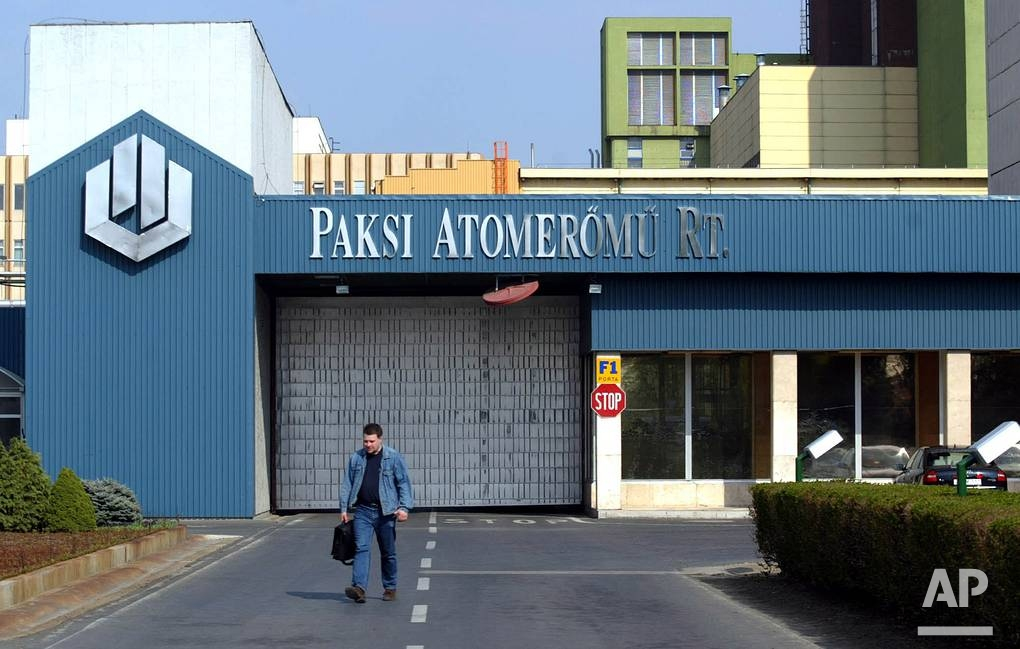
Russia continues to develop “shadow” production of nuclear weapons.

More on this story: Risk indicators for tactical nuclear assault by Russia on targets in Europe
• Putin’s visit to the countries of Southeast Asia confirmed Russia’s interest in nuclear development in this part of the world. It is possible that Russia intends to create “shadow” development of nuclear technologies of such odious regimes as the DPRK.
Moscow is actively used Rosatom to circumvent sanctions in the high technologies. The Corporation is leading in the field of Russia’s military nuclear program. The Kremlin promotes nuclear energy interests using corrupt payments and incentives. There are signs of corruption in cooperation between Rosatom and the Hungarian authorities.
Hungarian Prime Minister Orbán and his associates were repeatedly accused of lobbying for the nuclear power plant, which is being built in the country by Rosatom.
The corrupt Rosatom’s schemes should become the subject of investigations in the countries where the Corporation’s facilities are being built. It is also a good reason to refuse the “services” of this company, giving the presence of alternatives both in the field of fuel extraction and in construction of nuclear facilities.
Equally disturbing is the fact that Russian intelligence uses Rosatom to drop its agents into international institutionsabroad, such as the IAEA, for economic, scientific and technical espionage.
Supported by informal military groups and local officials, Russia is “buying up” deposits and enterprises, displacing traditional Western companies. However, these assets are received by Rosatom and Russia, as the ultimate beneficiary, but not the national governments.

More on this story: Hungary is setting closer cooperation with Russia in Chad
According to the available information, which requires additional verification, strategic resources are being transported by Rosatom planes from countries under Russian influence, and those responsible in the Сorporation forces national governments to make decisions regarding individual projects.
Thus, cooperation with Rosatom is toxic and threatening to the national security of countries. Corruption, obtaining safety standards/damage to the country’s ecology are risk factors for cooperation with Rosatom.


